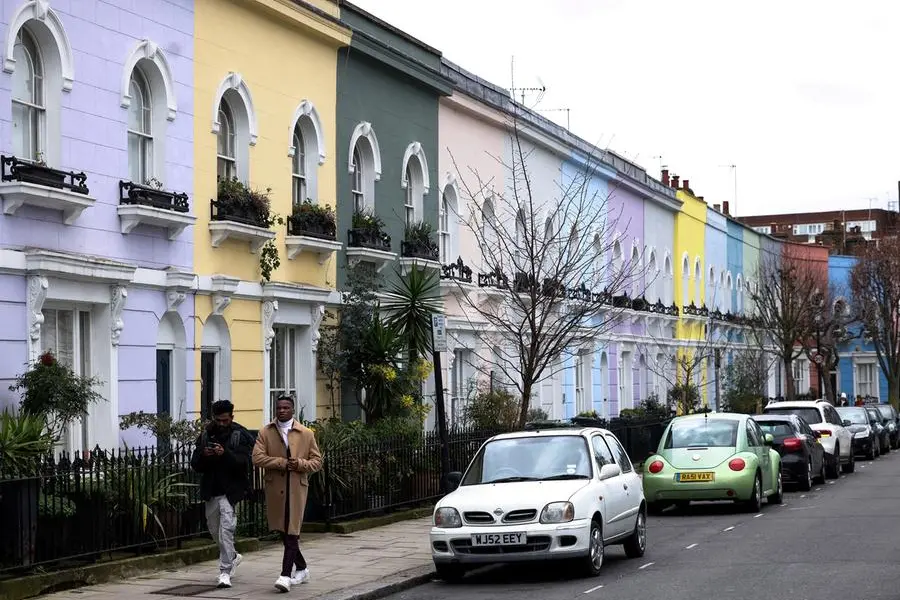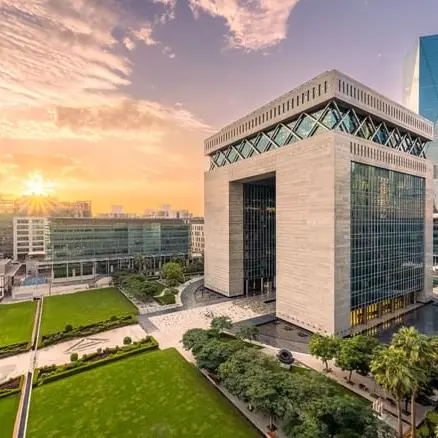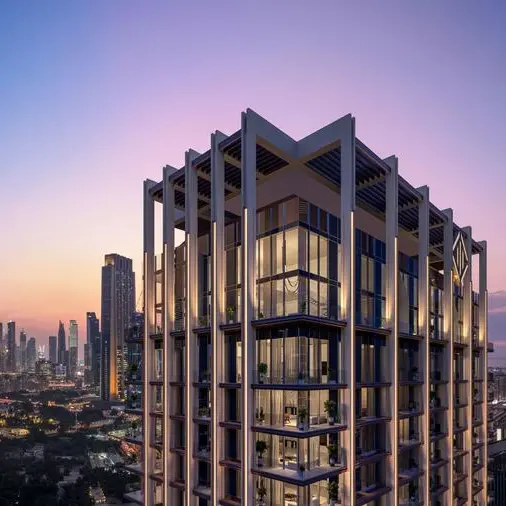PHOTO
LONDON: British real estate group Winkworth said on Wednesday demand for high-end properties had been dented by tax policies targeting wealthy individuals and a proposal by the new Labour government to tax private schools.
Britain's tight national finances have for some time meant there is little scope to invest government money in improving its ailing public services. This has pushed successive governments to focus on whether they can raise more taxes from those who have chosen Britain, and often its high-returns property market, to store their wealth.
With the new Labour government promising to tighten tax loopholes that often benefit the super-rich, private banks and advisers have said that some may quit the country altogether.
Winkworth said in a trading announcement for the first half of 2024 that overall sales had risen 19% versus H1 2023, but that there had been some impact on the higher end of the market.
"A combination of the Conservative Party's removal of non-domiciled status, the Labour Party's stated intention of adding VAT to private school fees, and the higher cost of finance have weighed on this sector," the statement said.
Labour, whose election victory last week had been widely anticipated, intends to remove an exemption for non-state run schools which currently means they do not have to charge a 20% Value Added Tax (VAT)on the fees they receive.
Such schools are often favoured by the wealthy, but could now become more expensive.
In March the then-Conservative government said it would phase out a "non-dom" tax status that benefits at least 80,000 people who live in Britain but pay little or no U.K. tax on the money they earn overseas.
Labour has gone further, promising to end the use of offshore trusts that can be used to avoid inheritance tax.
Data published by the government on Tuesday showed non-doms were liable to pay 8.9 billion pounds in income, payroll and capital gains taxes in the 2022/2023 tax year.
(Reporting by William James; Editing by Angus MacSwan)





















